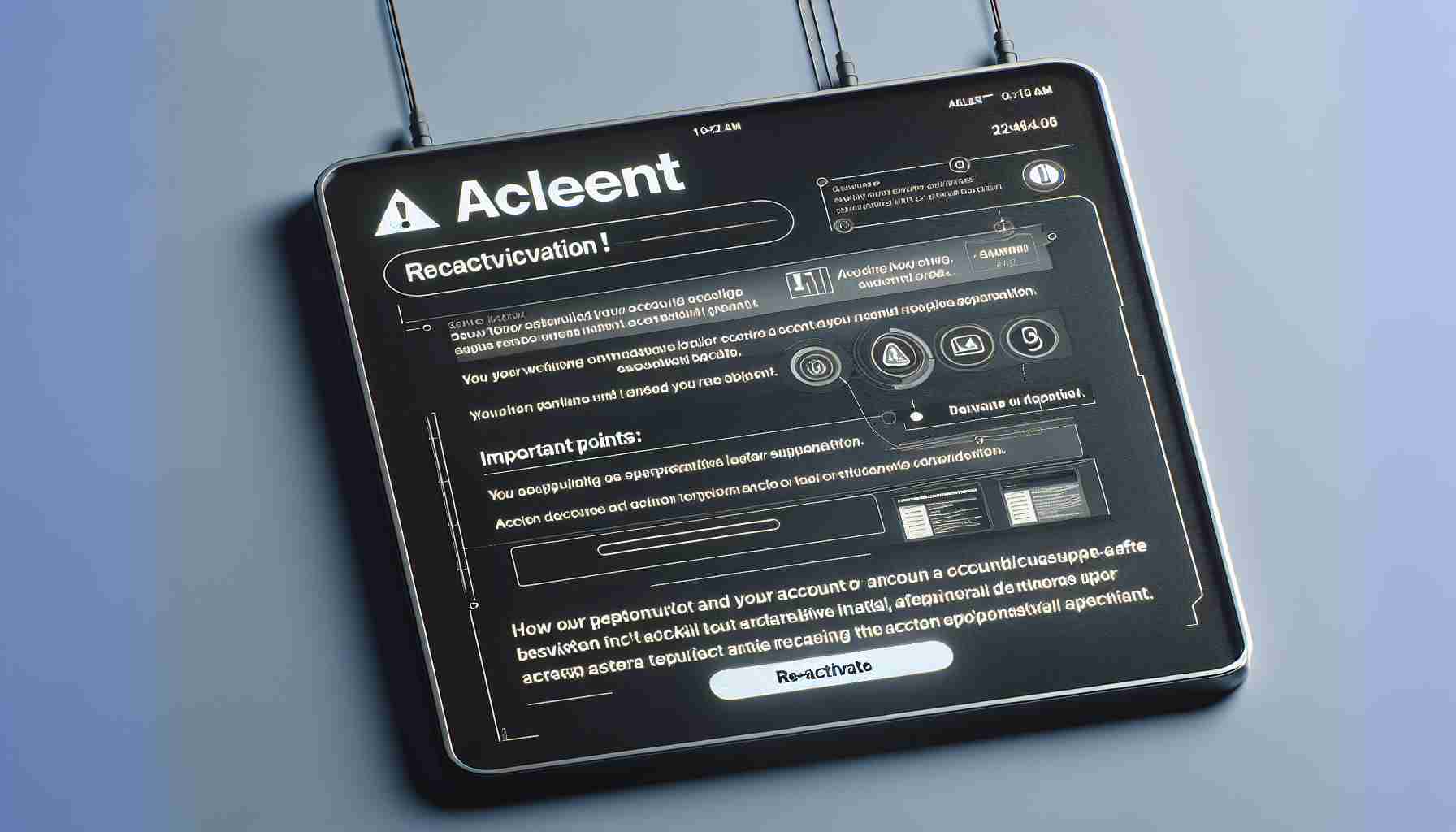An investigative report from the Defense Department Inspector General has uncovered a surprising financial oversight involving soap dispensers aboard the Air Force’s C-17 military aircraft. The report reveals that the Air Force was significantly overcharged by Boeing for these dispensers—by a staggering 7,943%, which equates to over 80 times the cost of comparable products available commercially.
This issue was part of a larger pattern, with Boeing overcharging for a variety of C-17 aircraft spare parts. Experts concluded that these discrepancies resulted in nearly $1 million in excessive expenses, with dispensers alone accounting for an inflated cost of $149,072.
The charges were brought to light following an anonymous tip, prompting a thorough audit by the inspector general. As a result, the Air Force has been urged to strengthen its internal controls to avoid further financial missteps in its ongoing partnership with Boeing, which is set to continue through 2031.
A detailed response is anticipated as Boeing assesses the alleged discrepancies, maintaining that a comparison between military-grade and commercial items might be misleading. Meanwhile, the Air Force is taking steps to enhance transparency and accountability in its procurement processes.
The C-17 Globemaster, hailed by the Air Force as an extensively versatile transport aircraft, continues to serve multiple roles, from military deployments to humanitarian missions. Currently, it is operated by the Air Force, Air National Guard, and the Air Force Reserve Command across approximately 220 units.
The Shocking Overcharge Scandal: How Boeing’s Pricing Practices Impact Wider Defense Procurement
Introduction
The recent revelations about the exorbitant overcharges for soap dispensers on the Air Force’s C-17 military aircraft have stirred a larger conversation about defense procurement processes in the military aviation sector. While the core issue of financial oversight has been exposed, the broader implications of such procurement mishaps extend into various facets of military spending and accountability.
Implications for Military Spending
The incident involving Boeing is not an isolated case but indicative of systemic issues within the defense procurement model. Such overcharges compound financial burdens on defense budgets, potentially diverting funds away from essential upgrades and innovations needed for maintaining military efficacy.
The C-17 Globemaster III is a critical airlift asset used not only for troop movements but also for rapid humanitarian response. When funds are misspent, the opportunity costs become stark, impacting both operational capabilities and readiness during crucial deployments.
Community and Economic Impact
Local communities reliant on military spending may see a trickle-down effect from such inefficiencies. When budgets swell unnecessarily, it can lead to cuts elsewhere in the program, affecting jobs and local economies that thrive on defense contracts. Moreover, public confidence can be shaken as taxpayers question how their money is spent, demanding greater transparency and accountability.
Advantages and Disadvantages of Military Procurement Partnerships
A partnership with industry giants like Boeing provides access to the latest technological advancements and expertise, ensuring the military wing remains at the forefront globally. However, the dependence on few large contractors can create a monopoly situation, leading to less competitive pricing and a lack of alternative options, as showcased by the recent overcharging issue.
Interesting Facts and Controversies
The C-17 aircraft, one of Boeing’s flagship military products, has been in service since the early 1990s. Not only does it transport military personnel and cargo, but it has also played pivotal roles in global disaster responses, such as delivering aid during natural calamities.
A controversy arises when comparing military-grade to commercial-grade products. Companies like Boeing argue that military-grade items often have stringent requirements for durability and performance, justifying higher costs. However, this stance is questioned when the price exceeds standard commercial items by thousands of percent.
Questions and Answers
– Is procurement overcharging a common occurrence in the defense sector?
Yes, unfortunately, overcharging can occur due to lack of oversight, complex contracting processes, or intentional financial exploitation.
– How can such issues be rectified moving forward?
Implementing rigorous auditing processes, increasing contract transparency, and fostering competition in defense contracts can help mitigate such issues.
– Who ultimately pays for these inflated costs?
Essentially, taxpayers bear the burden of such financial mismanagement as defense budgets are financed through public funds.
Conclusion
As the Air Force addresses these procurement challenges, this incident serves as a crucial learning opportunity for enhancing the integrity of defense spending. Strengthening controls and promoting accountability are necessary steps to ensure that the military continues to operate efficiently and effectively without undue financial strain.
For more insights on aerospace and defense, visit Air Force Magazine and U.S. Department of Defense.
The article has been updated: 2024-11-09 06:36
Here are some suggested related links:
1. U.S. Air Force – The official site of the U.S. Air Force, providing news, resources, and updates on military operations and spending.
2. U.S. Department of Defense – The official site of the Department of Defense, featuring information on defense budgets, programs, and policy decisions.
3. Congress.gov – The official website for U.S. federal legislative information, providing access to bills and resolutions related to military funding and oversight.
4. U.S. Government Accountability Office (GAO) – An independent agency that provides reports on government spending, including defense expenditures and efficiency evaluations.
5. CNBC – A global news network that covers business, economics, and government spending, with in-depth reports on military contracts and expenditures.
6. Defense News – A leading source for news on defense policies, military contracts, and spending analyses, including the latest on government procurement.
7. Reuters – A news organization that offers comprehensive coverage of global military spending and government accountability.
8. Bloomberg – A major financial news outlet that reports on defense budgets, military contracts, and economic implications of government spending.
The article has been updated. 2024-11-09 20:08
What led to the Air Force’s surprising $149,000 expenditure on soap dispensers?
The Air Force’s shocking $149,000 expenditure on soap dispensers was attributed to a procurement error, where a large number of high-end, automated dispensers were ordered without proper oversight. This blunder raised eyebrows and sparked conversations about budget management, the importance of accountability in military spending, and the need for stringent procurement processes to prevent such oversights in the future.






















